In today’s fast-paced and dynamic business environment, Human Resources (HR) has become much more than an administrative function. Organizations need to pay attention to emerging technologies in their HR departments so that they can be competitive and continue to innovate. This is where HR Technology Consulting comes in.
HR technology has become a necessity for every modern business intent on making their HR processes digitalized. This blog will explore why HR technology consulting is so important, what benefits it provides, and how companies can adapt to this new age.
The Role of HR Technology in Business Transformation
HR was formerly an area that dealt with recruitment, payroll, and compliance, but now it has more strategic roles in place. These range from the culture of an organization to the development of its staff. With more businesses going for digital solutions to factor in their workflows, the right HR technology has become a missing link in overall business success.
HR technology consulting enables organizations to map their way through the transition and identify, implement, and manage technology-based solutions that are in sync with the varying needs of the organization. These consultants use their rich knowledge of HR challenges along with advanced technology to find solutions that resonate with business goals.
Key Benefits of Hr Technology Consulting for Businesses
1. Streamlined HR Processes
Out of all the advantages imparted by HR technology consulting, automating and streamlining HR processes is the one that’s most likely to come to mind for many. The traditional HR tasks of recruiting, onboarding, payroll management, and performance evaluations can take a considerable amount of time and, because they are not related to the essential human resources work, be subject to human errors. Technologies such as Applicant Tracking Systems (ATS), Human Resource Information Systems (HRIS), and performance management software can perform these redundant activities for increased efficiency and less manual effort.
The consultants, in turn, ensure that the appropriate tools are selected to fit into the current systems, reducing double work, improving data accuracy, quicker throughput, and ultimately fewer mistakes.
2. Data-Driven Decision-Making
The amount of information collected today from various sources will often not only treat with data but also deal with the extracted rates in which an HR professional may be expected to make data-driven decisions about employee performance, pay, turnover, etc. However, finding the right technology may seem burdensome time-consuming in analyzing or interpreting the said data.
To help glean insights from the HR data, HR technology consultants will introduce data analytics platforms in companies for collecting, processing, and viewing HR data. With proper analysis of key metrics of success such as employee turnover rates, levels of employee engagement, training needs, etc., business leaders will be able to make more informed, data-driven decisions that should lead to better strategies and outcomes.
For instance, predictive analytics can help a company to predict possible issues which could lead to high employee turnover and it can thus help the company put in place proactive measures for talent retention. This saves costs and keeps offending work environments stable.
3. Enhanced Employee Experience
Digital transformation is the new order where employees expect an easy, albeit digital, experience with no interruptions in every sphere of their work life. They make HR technology solutions necessary for significantly improving employee satisfaction through easy access to information that is vital about salaries, benefits, and performance feedback.
They assist companies in implementing employee profile management, time-off requests, access to training materials, or even apply for promotions-all by using their own devices. Used in those times of high satisfaction, the technology directly put in significantly increases morale and engagement within the organization, which leads to higher retention rates.
Employee engagement platforms and feedback tools also allow HR departments to track and take action on current employee sentiment, which promotes improved organizational culture and productivity at large.
4. Enhanced Talent Management
Attracting, retaining, and developing top talent is important for any business. HR technology consulting ensures that sophisticated talent management tools are put in place to streamline recruitment, onboarding, and ongoing employee development.
They connect the businesses to consultants who take them through the use of AI-powered recruiting platforms, skill assessment software, and learning management systems (LMS) from job requisition to onboarding. In addition to attracting the right candidates, equipping them with all the necessary tools will also keep the business growing.
In this manner, employees learn, evaluate themselves through feedback mechanisms, and develop their careers in organizations. This is how companies can create a very talented organization contributing to success.
5. Reduction of Costs and Efficiency Gains
HR technologies promised the organization significant saving in costs and receiving nearly the same amount of work done by an HR department but with a reduced burden compared to using ordinary manual processes on the task. An example of such savings is that automated payroll processes could eliminate payrol staff from the payroll; digital document management systems could simply be used for keeping track of paper costs or administrative overhead.
For example, by analyzing the HR processes of a company, HR technology consultants can find places where technology can come in to reduce costs while improving efficiency. In addition, the use of consultants can help companies avoid costly mistakes that would have otherwise been made in the operations of the company due to human error or inefficiencies leading to smoother operations and greater profitability.
6. Compliance and Risk Management
Maintaining compliance with labor laws, tax regulations, and industry standards is perhaps one of the most formidable aspects of manpower management. HR consultancy assistance helps bring businesses up-to-date with those regulations by automating compliance systems into the organization.
Missing documentation, expired certification, or overdue training requirement – these are all problems that an automated system can flag. The consultant can also help the client set up the appropriate tools for tracking and recording who attends work, how much they cost, and how many benefits and taxes they report so that they do not fall into highly unrepayable legal issues or fines.
HR technology consultant play an important role in those industries that have much legislation with regard to business undertakings in ensuring that as much compliance is met as possible from the most efficient angle.
7. Scalability and Flexibility
In fact, the more the venture grows, the more intricate the human resources it wants. Workforce management at a bigger scale calls for flexibility when it comes to improving HR operations rapidly and efficiently. HR Technology Solutions help the business manage the increasing employee data, global payroll, and cross-functional teams with minimal strain on the HR people.
Consultants evaluate the scalability of existing HR systems and recommend solutions that can grow with the company. That way, businesses are always ready for that future growth, whether this is onboarding hundreds of new hires or entering new countries into the business.
What HR technology consulting Does for Businesses to Keep Them at the Forefront
Personalized Solution: Each company faces a different challenge; HR technology consultants devise personalized solutions that meet these problems. Whether you are a young startup or a multinational organization, the right HR technology consultant would bring insights that could lead to more effective strategies.
Expertise and Knowledge: HR technology consultants have specialized knowledge about current trends, best practices, and software tools in the industry. They are exposed to many different kinds of platforms and are able to orient clients toward the correct options with respect to size, budget, and goal.
Change Management: For HR teams, adopting new technology often poses challenges. They help navigate such changes and offer training and support so that employees buy into new processes and systems.
Continuous Improvement: They implement systems, but also help organizations get the best return after the investment on those technologies. They will keep monitoring performance and give recommendations for upgrades.
Conclusion
In today’s digital-first world, hr technology consulting is no longer a luxury—it’s a necessity for modern businesses. From streamlining HR processes and improving employee experience to enabling data-driven decisions and ensuring compliance, the benefits of HR technology are vast and varied.
Businesses that partner with HR technology consultants can optimize their workforce management, reduce operational costs, and ultimately gain a competitive edge in their industry. As HR technology continues to evolve, the consultants who specialize in this field will play an increasingly crucial role in helping businesses navigate the digital transformation of their HR operations. Contact us For Details Outsource HR Services
Frequently Ask Questions
Q. What is HR technology used for?
A. HR technology is used to streamline and automate HR processes such as recruitment, payroll, performance management, employee engagement, and compliance, improving efficiency and accuracy.
Q. How to offer HR consulting services?
A. To offer HR consulting services, assess client needs, provide strategic advice, implement HR technology, and guide businesses on best practices for talent management, compliance, and development.
Q. What is HR Tech consulting?
A. HR Tech consulting involves advising businesses on how to implement and optimize HR technologies, such as HRIS, payroll systems, and employee engagement platforms, to improve HR operations.
Q. How does HR consulting work?
A. HR consulting works by identifying a company’s HR challenges, offering expert advice, providing customized solutions, and supporting the implementation of strategies for workforce management and growth.
Q. How does technology affect HR practices?
A. Technology enhances HR practices by automating administrative tasks, improving data-driven decision-making, enhancing employee experiences, and streamlining processes like recruitment and performance management.
Q. Which is the best HR software?
A. The best HR software depends on your business needs. Popular options include Workday, BambooHR, SAP SuccessFactors, and ADP, each excelling in different HR functions like payroll, performance, and recruitment.

